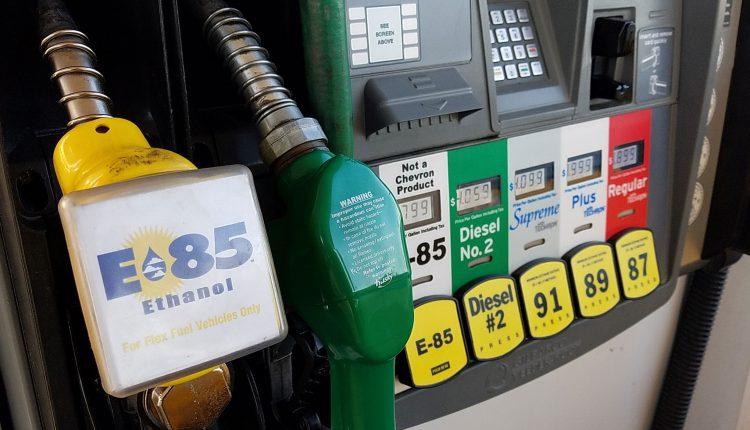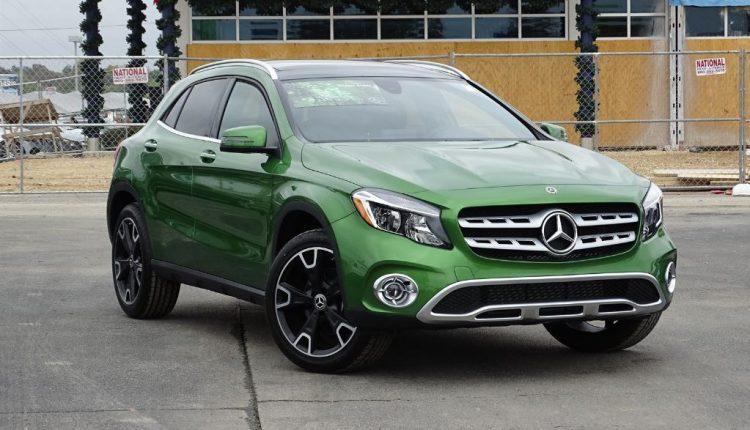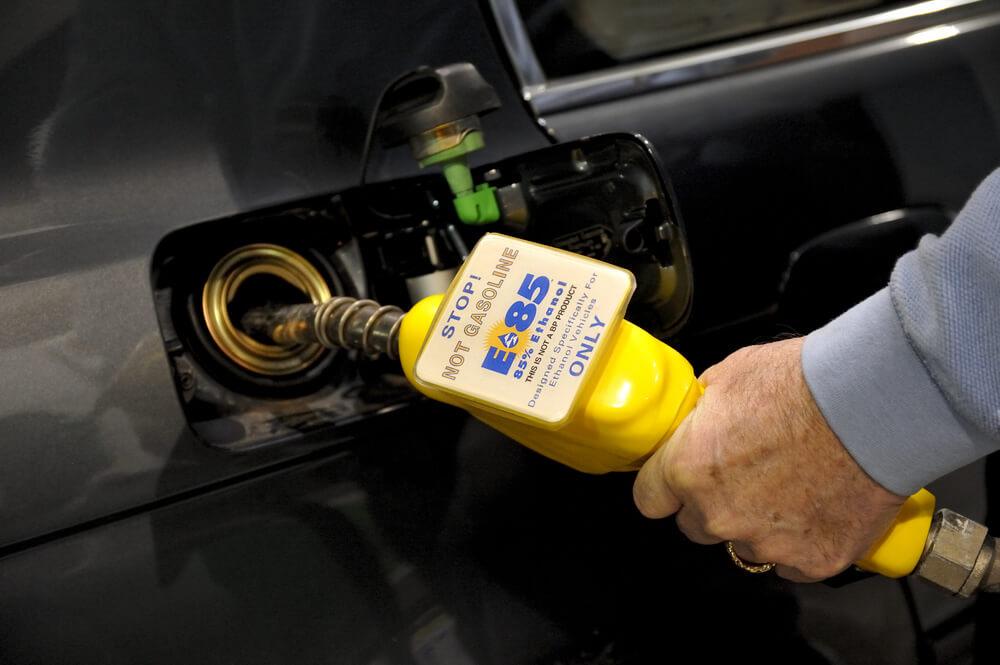Racing fans must have heard of E85. A specialized fuel that boosts huge power to the engine? It’s popular because the cost is a fraction compared to commercial race fuels. Why does E85 make more power than regular fuel varieties?
According to expert maintenance tips, E85 is a mixture of 85% and 15% ethanol and gasoline, respectively. Renewable fuel burns much cleaner than other alternatives because of is sourced from organic materials. Non-toxic ethanol cuts greenhouse emissions by almost 59%.
You must want to know the secret behind its power and advantages.
Keep reading…
Contents
Why Does E85 Make More Power?
E85, also known as flex fuel, is a blend of 85% ethanol and 15% gasoline. Ethanol has a higher octane rating than gasoline, which means it can withstand higher compression ratios and temperatures without detonating. And it can potentially make more power compared to gasoline for several reasons:
Higher octane rating
E85 has a higher octane rating than regular gasoline. Octane rating measures a fuel’s resistance to knocking or pre-ignition. The octane rating indicates a fuel’s power to withstand denotation or knock. This allows for more aggressive timing and increased power output in engines that are designed to take advantage of it. You cannot get too much boost with normal pump fuels because of denotation; hence the low octane ratings.
Increased oxygen amount
E85 contains a higher percentage of oxygen compared to gasoline. Oxygen is required for the combustion process, and the additional oxygen in E85 can support more complete combustion. This can result in a more efficient and powerful burn in the engine.
Higher fuel flow rate
E85 requires a higher fuel flow rate compared to gasoline to maintain the same air-fuel ratio. This increased flow rate can result in improved fuel atomization and better fuel distribution within the combustion chamber, leading to more efficient combustion and increased power.

Generally, the E85 boosts the engine’s horsepower because of two factors: its amazing octane rating and cooling capacity. And E85’s octane rating is 105, but it provides even better performance because of the cooling capacity. This unique combination pushes the knock resistance limit to a point higher than that of the regular gasoline.
Also, the fuel absorbs plenty of heat from the intake charge when transformed from gas to liquid inside the engine. A cooler intake charge lowers the rate of engine’s detonation and improves power output.
Read more:
How Much HP Does E85 Add?
Some people think that 85-hp gains are automatic. However, the engine does not generate more power just by using this E85 fuel. You will need to tune up the engine including spark timing, compression ratio, and fuel-air mixture to enhance the power and improve the timing.
The higher octane rating of E85 allows for more aggressive timing and increased boost levels in turbocharged engines, which can result in increased horsepower (HP) and torque compared to running on regular gasoline. However, the actual horsepower gains will vary depending on several factors, including the specific engine design, tuning, and modifications.
On average, running E85 in a flex fuel vehicle (FFV) can provide a power increase of around 5% to 15% compared to running on regular gasoline. However, it’s important to note that the power gains are not solely due to the fuel itself. To fully realize the benefits of E85, the engine management system should be calibrated to take advantage of the higher octane rating and adjust the fueling and ignition timing accordingly.
It’s worth mentioning that using E85 typically results in reduced fuel efficiency compared to gasoline, as ethanol has a lower energy content per unit volume. So while E85 can potentially increase horsepower, it may result in higher fuel consumption.
E85 vs Gas For Performance
If you compare the performance of gasoline and E85, the latter undoubtedly produces more power. Its latent evaporation heat is higher than that of the pump gas. This means that when it transforms from liquid to vapor, the amount of heat absorption from the combustion charge is usually higher. Coupled with the high octane rating, this unique property helps E85 to be highly resistant to detonation.

For this reason, it becomes possible to run an E85-filled car with more power without the fear of detonation. The knock will still be there but not as much to hamper the performance.
Ethanol-only engines show higher brake thermal efficiency than any gasoline engine. They also produce better mileage but that depends on several parameters like the tuning of the engine, transmission, ethanol-gasoline mixture ratio, and more.
Knowing the reason:
The Bottom Line
So, why does E85 make more power? The simple answer is that it burns cleaner and leaves no residue in the engine tank. Coupled with this property are the high octane rating, ability to absorb heat, and resistance to knock. However, don’t forget to fine-tune the engine and other components when using this fuel for boosted performance.



